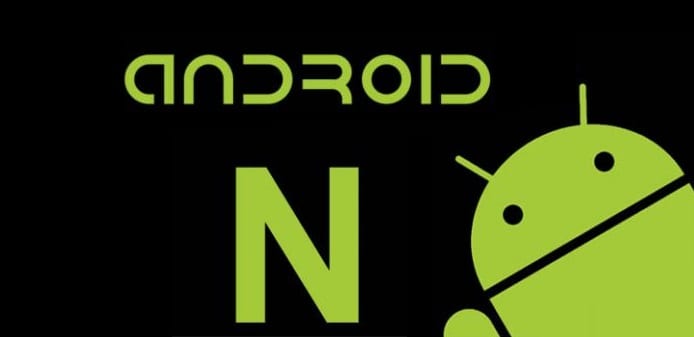OpenJDK to replace Oracle’s Java APIs in upcoming Google’s Android N
Google is dumping the Java application programming interfaces (APIs) in Android and moving to only OpenJDK, the open source Java Development Kit from Oracle. Confirming the news to VentureBeat, when Android N rolls out at the end of next year, Google would have switched over to OpenJDK, instead of the proprietary JDK that the search giant currently uses for its Java APIs.
“As an open-source platform, Android is built upon the collaboration of the open-source community,” a Google spokesperson told VentureBeat. “In our upcoming release of Android, we plan to move Android’s Java language libraries to an OpenJDK-based approach, creating a common code base for developers to build apps and services. Google has long worked with and contributed to the OpenJDK community, and we look forward to making even more contributions to the OpenJDK project in the future.”
To support the development of apps in the Java programming language, Android offers certain Java API libraries that are broken into two parts: the APIs to the libraries, and the implementing code developed by Google that make said libraries work. Oracle, which develops Java, has two implementations of these libraries: the proprietary JDK version and the open source OpenJDK version. Google’s decision to “consolidate” its efforts with OpenJDK, which Android already uses in some areas, means it will be sharing its implementing code.
Google representative went on to say that the change was being implemented as the search giant wanted to apply those features in Java version 8. Google is hoping that Android developers will appreciate the change because it simplifies the code on which they build apps, which is a common codebase for these Java API libraries, as opposed to multiple codebases.
However, one thinks that if that was the only reason Google made the complete switch to OpenJDK, the company would have done so years ago. So, is the big change to do something with the ongoing litigation between Oracle and Google over Java? The change will probably be a footnote for Android developers, and won’t affect end users at all.

